Prostate enlargement is a common condition that many men experience as they age. It can affect daily life and may lead to discomfort if not addressed. Understanding the early warning signs can help in seeking timely intervention and management. Some common signs include changes in urination patterns, such as increased frequency or urgency. Various factors, including age and lifestyle, can influence this condition.
Taking care of prostate health can make a significant difference. Many individuals look into options like prostate supplements from natural ingredients to support their well-being. These supplements can offer relief and help reduce symptoms. Some benefits of natural supplements include improving urinary health and reducing nighttime urination. It is important for individuals to stay informed and proactive about their prostate health.
Frequent urination during the night
Waking up frequently at night to urinate, known as nocturia, can be a common issue for many men as they age. This frequent need can disturb sleep and impact daily life. It is often linked to conditions such as Benign Prostatic Hyperplasia (BPH) or an enlarged prostate. In BPH, the prostate enlarges and presses on the urethra, causing urinary problems.
Men experiencing this symptom may notice an increase in nighttime trips to the bathroom. This occurs because the bladder may not completely empty, leading to a persistent feeling of needing to urinate. Sometimes, people mistake this frequent urination for simply drinking too much fluid before bed.
If nocturia becomes bothersome, it is important to talk to a doctor. They can help identify the underlying cause and suggest appropriate treatment options, including lifestyle changes or medications. Early intervention can help prevent further complications and improve quality of life.
Difficulty Starting Urination
Difficulty starting urination is a common sign of prostate enlargement. As the prostate grows, it can press against the urethra. This pressure makes it hard to begin urinating. Many men experience this as they get older. They might need to stand and wait before their urine flow starts. This issue can be frustrating.
In some cases, the urinary stream might be weak or interrupted. Men may notice dribbling after they are done urinating. In this condition, the bladder may feel like it is not fully empty. It often leads to frequent trips to the bathroom. This can happen both day and night. Recognizing this sign is important.

If someone notices these symptoms, they should talk to a healthcare professional. Early intervention can help manage prostate issues effectively. Consulting with a doctor can prevent complications. Seeking medical advice guarantees proper care. Addressing symptoms early prevents worsening problems.
Weak Urine Stream
A weak urine stream is a common early sign of prostate enlargement. This condition often affects men as they age. It can cause difficulty starting or maintaining the flow of urine. Men may notice that it takes longer than usual to begin urination.
Prostate enlargement can lead to a weak stream due to pressure on the urethra. The prostate surrounds part of the urethra, and when it enlarges, it restricts the passageway. This blockage can cause the urine stream to be slower or less powerful.
A consistently weak urine stream should not be ignored. It’s important to consult a healthcare professional for an appropriate evaluation. They can provide guidance and suggest potential treatments if necessary. In some cases, the condition may be linked to benign prostatic hyperplasia or other urinary health issues that can be addressed with medical help.
Dribbling at the End of Urination
Dribbling at the end of urination is a common issue for many men, especially as they grow older. This condition refers to urine leakage shortly after a person finishes using the restroom. It can be bothersome and inconvenient, often leading to unwanted dampness.
One possible cause of dribbling at the end of urination is prostate enlargement, also known as benign prostatic hyperplasia (BPH). The enlargement of the prostate can press on the urethra, making it difficult for the bladder to fully empty. This is why dribbling might occur after a person thinks they have finished.
A simple technique that can help reduce dribbling involves milking out the last few drops of urine. This is done by gently pressing the area behind the base of the penis to push out any remaining liquid. People experiencing this issue should consider discussing potential treatments with a healthcare professional.
Inability to Completely Empty the Bladder
An inability to completely empty the bladder can be a troubling sign of prostate enlargement, often affecting older men. The condition can lead to discomfort and frequent urges to urinate, even shortly after using the restroom. This can affect daily activities and sleep patterns, causing fatigue and frustration.
Prostate enlargement, also known as benign prostatic hyperplasia, can obstruct the flow of urine. As the prostate grows, it can press on the urethra, the tube that carries urine out of the body. This pressure makes it difficult for the bladder to empty fully.

If left untreated, a consistently full bladder can lead to other health issues, such as bladder infections. In more severe cases, it might result in damage to the kidneys due to urine backing up into the ureters.
Medical interventions are available to address this issue. Treatments can include medications, lifestyle changes, or even surgical options, depending on the severity. It’s important for individuals experiencing these symptoms to consult a healthcare professional for advice.
Conclusion
Recognizing the early warning signs of prostate enlargement is important for maintaining health and seeking timely medical care. Symptoms such as frequent urination, especially at night, and difficulty starting or stopping urination should not be ignored.
Regular check-ups with a urologist can help monitor these symptoms and rule out other conditions. Lifestyle changes like a balanced diet and regular physical activity can support prostate health.
Awareness and proactive steps can lead to better outcomes and improved quality of life.

